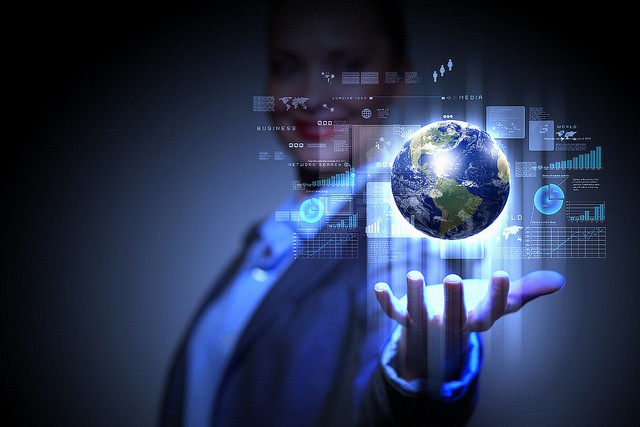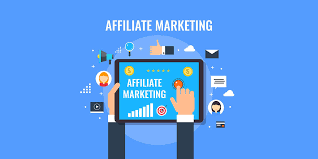⏱️ Read Time: 4–5 minutes
As we navigate through 2025, AI agents are emerging as a pivotal force in the technological realm, reshaping industries and redefining the boundaries between human and machine collaboration. These autonomous systems are not only enhancing operational efficiency but also unlocking new avenues for innovation and growth.
AI Agents: From Assistants to Autonomous Decision-Makers
AI agents have evolved beyond simple task automation to become sophisticated entities capable of reasoning, learning, and making decisions independently. This transition is evident in sectors like customer service, where AI agents handle complex inquiries, and in software development, where they assist in code generation and debugging. The integration of AI agents into various workflows is streamlining processes and allowing human workers to focus on more strategic tasks.
Economic Implications and Market Dynamics
The proliferation of AI agents is significantly impacting the economy. Companies are witnessing increased productivity and reduced operational costs. However, this shift also brings challenges, such as workforce displacement and the need for reskilling. On the investment front, there's a surge in funding for AI startups focusing on agent-based technologies, indicating strong market confidence in their potential.
Ethical Considerations and Regulatory Landscape
With AI agents making autonomous decisions, ethical concerns are at the forefront. Issues around accountability, transparency, and bias in AI decision-making are prompting discussions among policymakers and industry leaders. Regulatory frameworks are being developed to ensure responsible deployment of AI agents, balancing innovation with societal values.
Future Outlook: Integration and Human-AI Synergy
Looking ahead, the focus is on fostering synergy between humans and AI agents. The goal is to create collaborative environments where AI agents augment human capabilities rather than replace them. This approach emphasizes the importance of designing AI systems that are intuitive, adaptable, and aligned with human goals and ethics.



